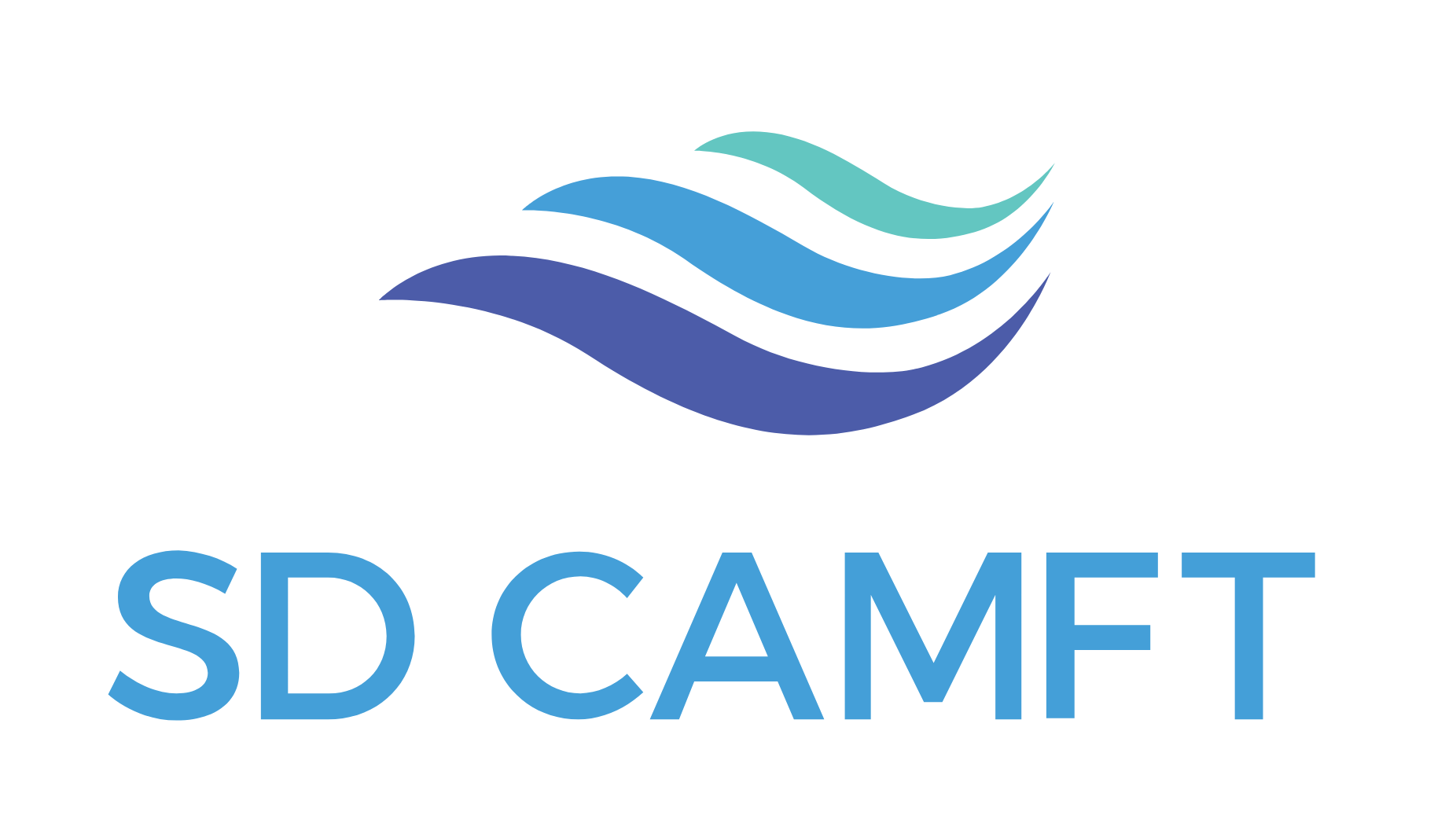|
COURSE DESCRIPTION
This presentation will help clinicians learn how to support their clients in understanding how narcissistic abuse has impacted their relationships throughout their lives. Clinicians will also be able to help clients understand their own physical reaction and how trauma from this, and any abuse, can be held in the body. Clinicians will understand the intricacies of this abuse and not dismiss the real concerns clients share about the daily interactions with the narcissistic person in their lives. Clients often feel unheard and unseen when trying to heal from this abuse. The intent of this workshop is to help clinicians see and understand what these clients are saying and have the tools to support the healing from this abuse that clients are seeking.
Many individuals who experience narcissistic abuse, likely struggle with self-doubt, confusion, and feelings of inadequacy. Therapists who understand the dynamics of narcissistic abuse can provide validation and empathy to their clients, helping them understand that their experiences are real, and that they are not alone.
EDUCATIONAL GOALS
Attendees will be able to:
- Identify the subtle signs of narcissistic abuse such as dissociation, lack of sense of self, confusion, low self esteem, and lack of trust in their own perception of their reality.
- Recognize the relation between the neglect and demands that narcissistic parents have on children and how this manifests in that child's growth into adulthood.
- Support clients in learning how the neglect and nacissistic abuse has impacted their relationships throughout their lives.
- Employ strategies to help clients heal from their trauma and stop the transgenerational abuse.
LEARNING OBJECTIVES
- Identify at least three subtle signs of narcissistic abuse such as gaslighting, devaluation, and love- bombing.
- Recognize and define the relation between the neglect and demands that narcissistic parents have on children and three ways this can manifest in that child's growth into adulthood (somatic reactions, nervous system mobilization, depressive symptoms).
- Support clients in learning how the neglect and narcissistic abuse has impacted their relationships in at least three ways throughout their lives (lack of trust in others, low self esteem, long-term somatic symptoms).
- Employ at least three strategies to help clients heal from their trauma by building a stronger sense of self, increasing self esteem, accepting and processing grief of what never was. (Help clients in building a stronger sense of self, increasing self esteem, accepting and processing grief of what never was).
OUTLINE
- Opening
- Introduce different types of narcissism and how they show up in relationships
- Introduce tools to help clients manage shame and guilt.
- Share with participants, tools for creating rapport, trust, and positive attachment styles for clients.
- Distinguish between Malignant and Covert Narcissists and how these differences affect those who have suffered abuse from each type.
- Learn tools to create treatment plans to help clients set boundaries, communicate their needs, and develop a stronger sense of self identity.
- Develop proficiency to lead clients in creating positive attachment and sense of self in their relationships.
Questions and closing
- Adjourn
|
TARGET AUDIENCE
This event is for mental health professionals.
COST
$35 for Chapter Members
$90 for Non-members
$20 for Students
Refund/Cancellation Policy
Please visit our website: www.camft-sandiego.org/grievance
ACCOMODATIONS & GRIEVANCES
Please email the Education Chair at education@camft-sandiego.org
CERTIFICATES
Course Completion certificates will be awarded electronically in exchange for a completed evaluation form. Please make sure the Program Administrator has your correct email.
Course meets the qualifications for 2 hours of continuing education credit for LMFTs, LCSWs, LPCCs and LEPs as required by the California Board of Behavioral Sciences. Partial credit will not be awarded.
Participants must be present for the entire length of the workshop to be awarded credit. Participants will not be given CEU credit if they are more than 15 minutes late and/or do not stay for the entire length of the workshop.
This course is provided by the San Diego Chapter of the California association of marriage and family therapists (Provider #57330) is approved by the California association of marriage and family therapists to sponsor continuing education for LMFTs, LCSWs, LPCCs and LEPs. San Diego chapter of the California Association of Marriage and Family Therapists maintains responsibility for the program and all its content.
Please email the CEU Chair at ceuchair@camft-sandiego.org
|
